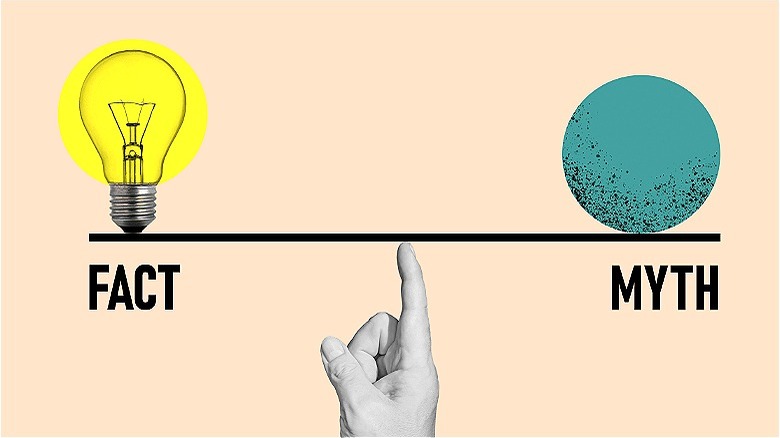The Real Reason Our Historically Strong Economy Isn't Benefiting You
The American economy has been slowly ramping up its pace and performance. For example, in the final quarter of 2023, the real gross domestic product grew at an annual rate of 3.3%, outperforming expectations while adding 2.7 million jobs (for the year in total). Meanwhile, inflation is returning to a more manageable range, and savings rates on personal bank accounts have seen a rise as well.
On the whole, consumer confidence in the United States is building, but individually, the economy has remained somewhat muted as far as benefits for the average American. Seemingly, there are an abundance of opportunities out there, but many consumers feel like they're being left behind in small or in large part by the grander economic remobilization. There are a number of incredibly harmful wealth killers out there, and so it can be difficult to make sense of a divergence in widespread prosperity matched against stagnating personal fortunes.
In a conversation with Jason Tartick, bestselling author, finance expert, and podcast host, we get to the bottom of this economic disconnect. Specifically, we spoke to Tartick on the insecurity that many Americans are feeling to this day, according to polling. Most importantly, we wanted to understand if this discrepancy was due to a hidden structural issue in the economy that the data, for some reason, was obfuscating, or if it was down to individual perceptions, behaviors, or struggles.
The issue is rooted in individual perceptions
According to Jason Tartick, the issue isn't related to any sort of hidden weakness in the economy itself. Rather, our disconnection from the improving economic trend in America is firmly rooted in our own understanding of what these changes mean and how others are participating. "I think that it really connects to a behavioral issue," he said. "We know that the indicators, the KPIs, as it relates to financial well-being, as it connects to the areas of finances that we can control, we are not managing those properly. We're not executing on those properly. As a result of that, I believe it's a behavioral issue.
"When the macroeconomic indicators say that we feel financially insecure in 2024, I believe it's because each of us feel insecure that our acumen and actions aren't connecting with everything else that's happening out there," he continued. Adding, "We're seeing the S&P 500 hitting all-time highs, unemployment at all-time lows, we are seeing things like bitcoin being at all-time highs, and so much on social media of people thriving. ... [T]hose who don't feel the benefit connected to those things, are feeling the pain and they don't feel connected to those things because they're not aligned with those things because of individual behavior."
In other words, misguided perceptions are creating a feedback loop for U.S. consumers that reinforces a fear of missing out. If you aren't personally seeing a barrage of new benefits spurred on by the economy, it's easy to think the data is missing something.
What can be done?
Jason Tartick's understanding of the disconnect for American consumers revolves largely around ill-developed perceptions. This is a problem that exists in all realms of modern life; it's not contained to the financial well-being people experience, or feel they lack. The modern age of social media and immediate consumption has spoiled the masses and created an unrealistic expectation of how things should and can be.
He credits individual choice driven by the speed of information and plethora of influencers as the primary force in this relationship. Instead of building unhealthy links to financial tactics/instruments, it's important to take time to realize how you interact with these features. Instead of feeling insecure because you have less money invested in the stock market than a content creator you frequent, take solace in the money you do have saved. (Here's how often you should be checking your retirement account.)
Similarly, instead of jumping into a new asset class (like buying into crypto or investing in gold bullion) just because someone else has spoken on the subject, take time to explore its intricacies. It's only through individual research that you'll build healthy financial habits. With this research, you can uncover whether an asset, strategy, or decision fits within your own desires, needs, and goal framework. There's little point in comparing yourself to others, especially media personalities who make it their job to showcase a glamorous lifestyle or portfolio of financial assets. Take stock of where you stand and use these external forces as a learning opportunity, the way they're intended


